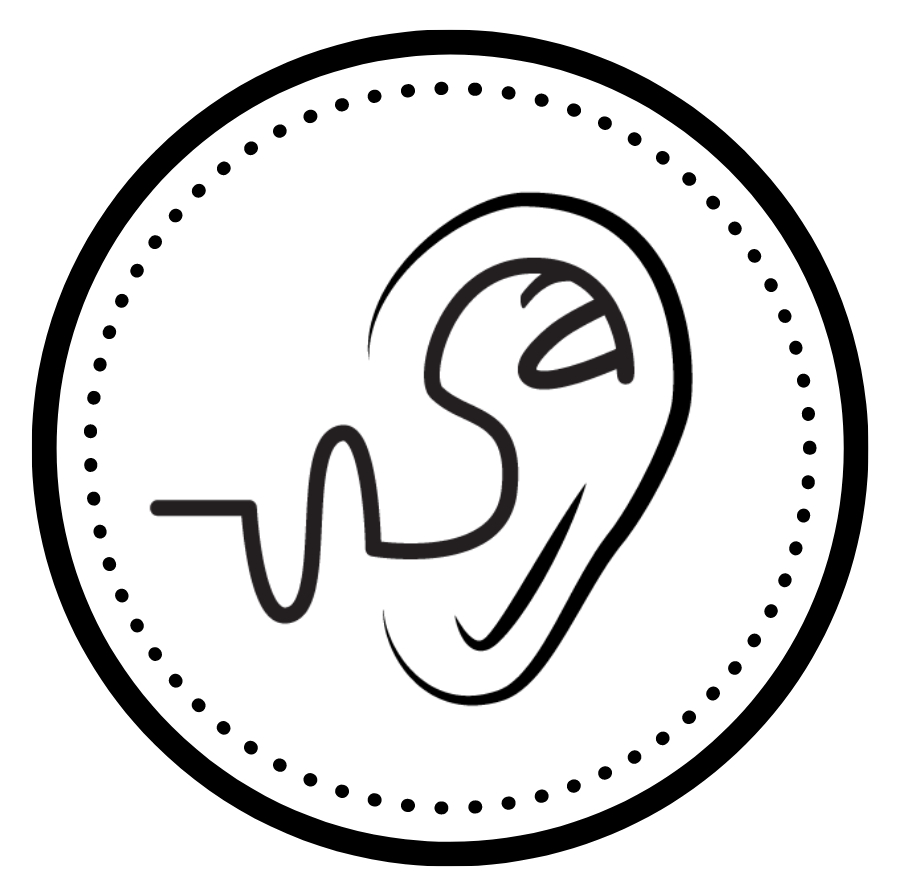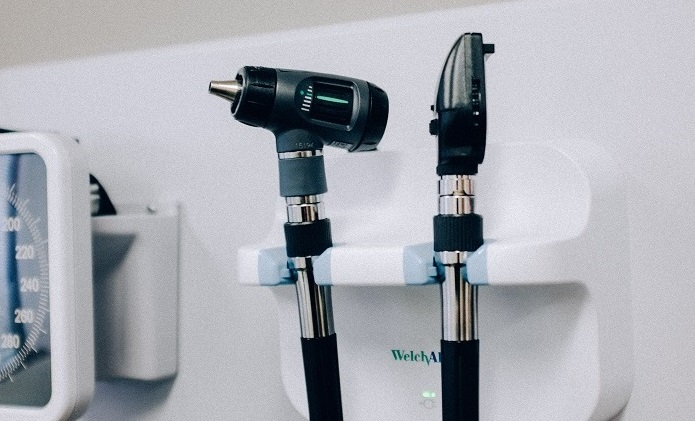Clogged ears.
Muffled hearing.
Something is blocking the ears.
Pressure in the ears.
Ringing or buzzing in the ears.
Hearing seems muted.
All of the above!
This is the part where you will probably WebMD your symptoms to self diagnose whether or not you have hearing loss. Approximately 48 million Americans have a hearing impairment and the prevalence of hearing loss increases with age. Hearing loss commonly occurs in both ears, but there are many situations where hearing loss may affect only one ear.
If you’re not sure if you’re one of the 48 million Americans living with hearing loss, reflect and ask yourself if you:
- struggle to understand people in the presence of background noise (e.g. restaurant, parties)?
- think people are mumbling and aren’t speaking clearly enough?
- turn up the volume of the TV or radio?
- experience difficulty communicating over the phone?
- miss out on the punchline of jokes shared in a group setting?
- don’t always hear the clock tick, water leak, doorbell ring, phone ring, or the beeps your oven makes?
More often than not, these are the first signs that you might have hearing loss even in the mildest form. Schedule an appointment with your local audiologist to get a baseline hearing test. Hearing loss can present itself in anyone at any point in time, so it’s important to stay on top of your health and get a hearing test.
They say ignorance is bliss, but the struggles associated with untreated hearing loss results in more frustrating moments than happy moments. If you’re tired of saying “huh?” or “what?”, get yourself into the doctor’s office and find out what can be done.
What should you expect when you see an audiologist?
When you see an audiologist, it is standard that he/she/they will perform a comprehensive diagnostic evaluation to assess your hearing ability. In other words, we want to find out how softly you can hear the sounds and words we present. This information is graphed on a medical document called an audiogram.
After your hearing evaluation, your audiologist will be able to determine what type of hearing loss you have. Your symptoms and hearing test results may warrant a medical referral for further assessment. Reasons for a medical referral may include:
- Hearing loss asymmetry – hearing in one ear is significantly worse in one ear than the other
- Pulsatile tinnitus (i.e. hear sounds resembling heartbeat) in one or both ears that may suggest underlying vascular issues
- Active ear infections
- Poor word recognition ability in the absence of hearing loss
- Unilateral hearing loss associated with dizziness/vertigo symptoms
- Sudden change in hearing in one or both ears
What are the different types of hearing loss?
Video by National Institute on Deafness and Other Communication Disorders
SENSORINEURAL HEARING LOSS (SNHL)
This is the most common type of hearing loss. Permanent damage to the tiny hair cells found in the inner ear (also known as the snail-shaped cochlea) results in a sensory loss of hearing.
Over time, the nerves connected to the inner ear may also be damaged. Hearing nerve damage results in poorer ability to send sound information up to the brain for processing. This type of damage indicates a neural loss of hearing ability. People with SNHL will often report that they can hear people talking, but they have trouble understanding what people are saying.
Sensorineural hearing loss can be caused by the aging process, benign tumors, family genetics, medical conditions, chemotherapy treatments, and single-event or repeated noise exposure. It might be difficult to separate the sensory portion from the neural portion of hearing loss, unless you undergo a detailed examination post-mortem. The fact remains: sensorineural hearing loss is permanent and typically irreversible.
CONDUCTIVE HEARING LOSS (CHL)
Hearing loss may be a result of some sort of blockage or abnormal function of the ear structures. The blockage prevents sound from traveling to your inner ear or cochlea. Individuals with a conductive loss typically require more volume to be able to hear clearly. Individuals with CHL have normal functioning sensory hair cells in the cochlea. They simply have difficulty hearing soft sounds.
Conductive hearing loss can be caused by a whole range of diseases and problems. In most cases, treatment or surgery is available to improve the muffled sensation of sounds. Examples of CHL include: ear wax build-up, foreign object(s) in the ear canal (bug, bead, bean), hole in the eardrum, fluid behind the eardrum, dislocation of the tiny middle ear bones, otosclerosis, and ear infections.
If your audiologist talks to you about “air-bone gaps”, it’s a pretty good indication that you have a conductive hearing loss. You hear sounds better with the awkward headband sitting outside of your ear than you do when sounds are presented into your ear canal.
MIXED HEARING LOSS (MHL)
Any hearing loss with a sensorineural AND conductive component is considered a mixed loss. Individuals with MHL have sensory and/or neural damage related to their hearing structures in addition to some blockage of sound traveling from the outer ear, through the middle ear to the inner ear.
No two ears are exactly the same. If your hearing is muffled, clogged, feels “off”, or experienced a sudden change, go see an audiologist and get your hearing tested. Prolonging treatment for hearing loss can lead to a less-than-stellar quality of life. Untreated hearing loss can impact you socially, mentally, and physically.
If you know or suspect someone has a hearing loss due to frequent communication breakdowns, then guide them in the right direction by recommending that they get a hearing test. Now. Look up a hearing professional in your local area or ask for a referral from your primary care provider. Taking this first step to seek help for your hearing is a BIG one, but I would hope that your audiologist will work with you to improve your hearing ability.




